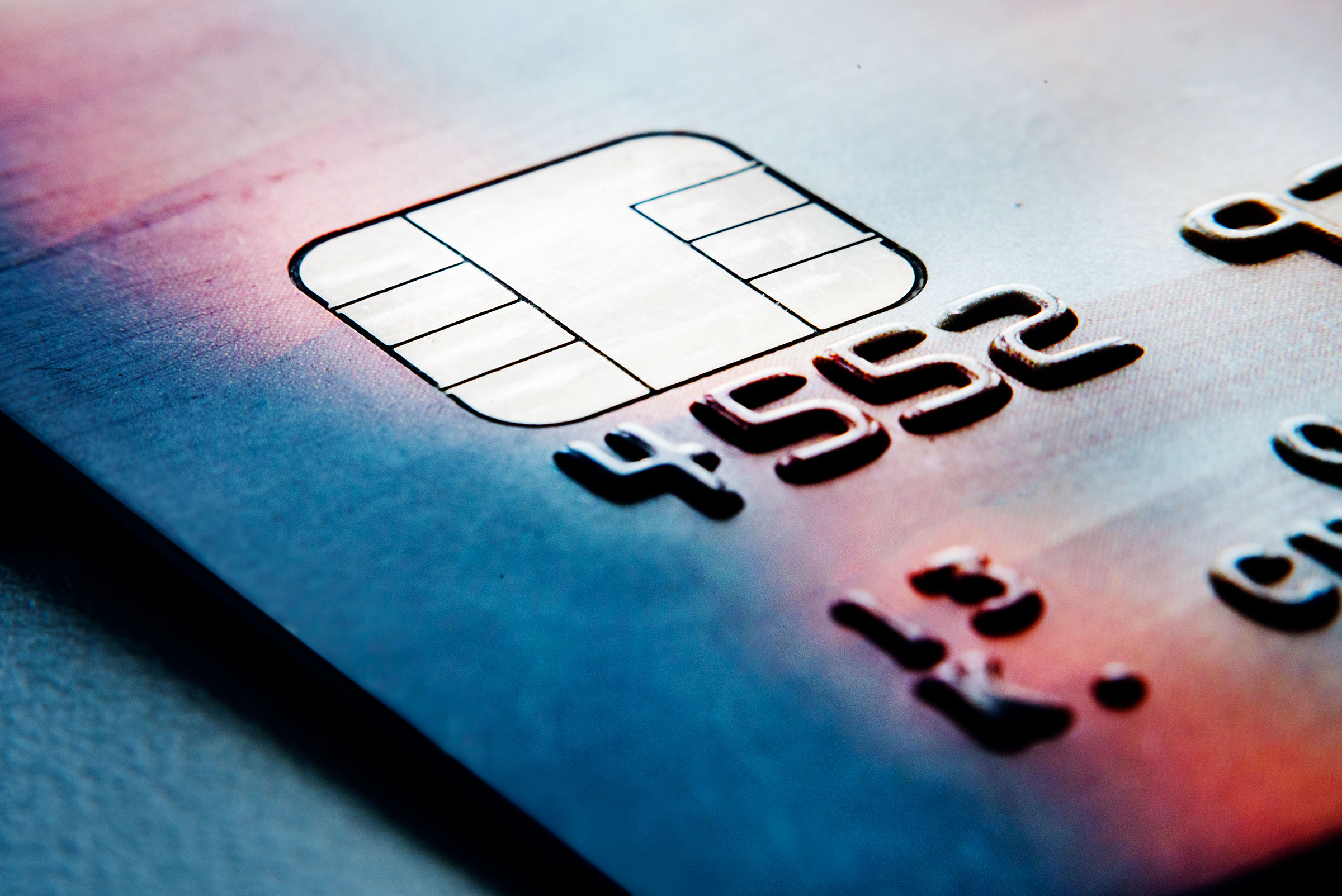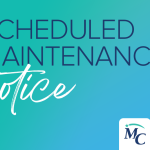Most people ignore this most basic fact: Our largest purchases are almost always made on credit.
Not only will you need a decent credit score and history to qualify for a large loan, but a better score can literally save you hundreds of dollars a month because you’ll score better interest rates on loans.
There are two main components to your credit:
CREDIT SCORE. This is based on your payment history, the amounts you owe on your cards, the length of time you’ve had your credit cards and your different kinds of credit. You can find your credit score at Fico.com. It will be a number ranging from 300 to 850. Lenders look at your score for a quick indicator of your reliability and level of risk. A difference of 100 points in a credit score can mean more than $100,000 paid in interest on a mortgage.
CREDIT REPORT. This will include your basic identification information, a list of all your credit cards, your credit history, the amount of your loans and all credit inquiries that are open in your name. You can get your free credit report at annualcreditreport.com. Lenders look at your report to get a picture of who you are and of your credit history.
Contrary to what some people believe, credit cards are not evil. They are a necessary part of building wealth – but they must be used responsibly.
6 Ways to Optimize Your Credit Cards
PAY OFF YOUR CREDIT CARD REGULARLY: Debt payment history makes up the largest chunk of your credit score, at 35%. You can improve your score and save thousands of dollars by setting up an automatic payment system so you’re never late again.
Missing even one payment can cause your credit score to drop by up to 100 points, increase your APR by 30%, incur late fees averaging $35 and even trigger a rate increase on your other cards.
NEGOTIATE A LOWER APR: The average APR, or annual percentage rate, is 20.4%, making it extremely expensive to carry a credit card balance. Call your credit card company and negotiate for a lower rate, referring again to other cards you can switch to for a lower rate.
GET MORE CREDIT – BUT ONLY IF YOU HAVE NO DEBT: Unless you’re currently carrying open balances on your cards, ask to have your available credit increased. Lenders look at utilization. So, if you have more open credit and are still using the same amount each month, that can improve your score.
USE YOUR REWARDS: Call your credit card companies once a year to find out about all the benefits they offer.
You might get warranty doublings on certain products, car rental insurance, trip-cancellation insurance and concierge services.
Most people don’t even know these advantages exist and can potentially save themselves hundreds of dollars a year with one quick phone call.
GET ALL FEES WAIVED: If you have an annual fee or are stuck with a late fee on your card, call the company and ask to have it waived. The credit card market is extremely competitive, so by mentioning that you saw another card with better rates and lower fees, you’ll usually succeed at having fees dropped.
HOLD ONTO YOUR CARDS AND KEEP THEM ACTIVE: Lenders like to see that you’ve had your cards for a while.
If you get a new card, don’t close your old one. Keep it open, use it occasionally and set up automatic payments so you don’t forget to pay your bill. You can even charge a regular expense like a bill or subscription to this card so keeping it open involves no work on your part.
In general, the number one mistake people make with credit cards is carrying a balance and not paying it off every month. Work aggressively toward paying off your debt. You’ll save on interest and improve your credit score.














